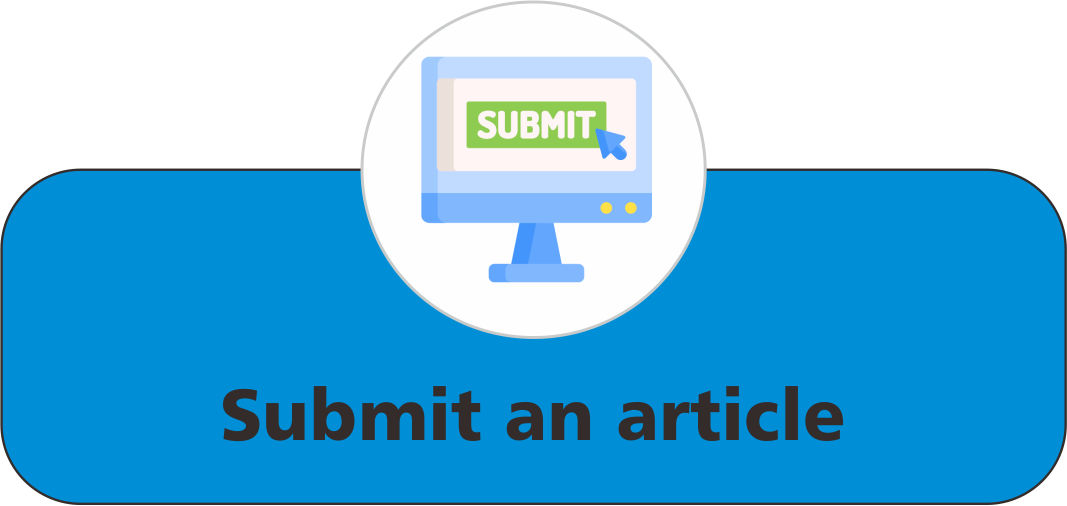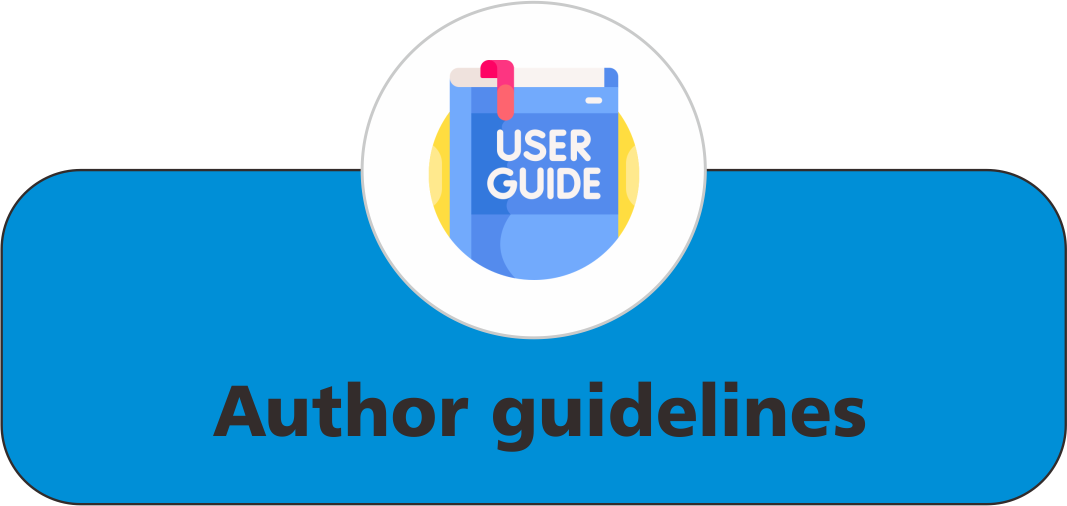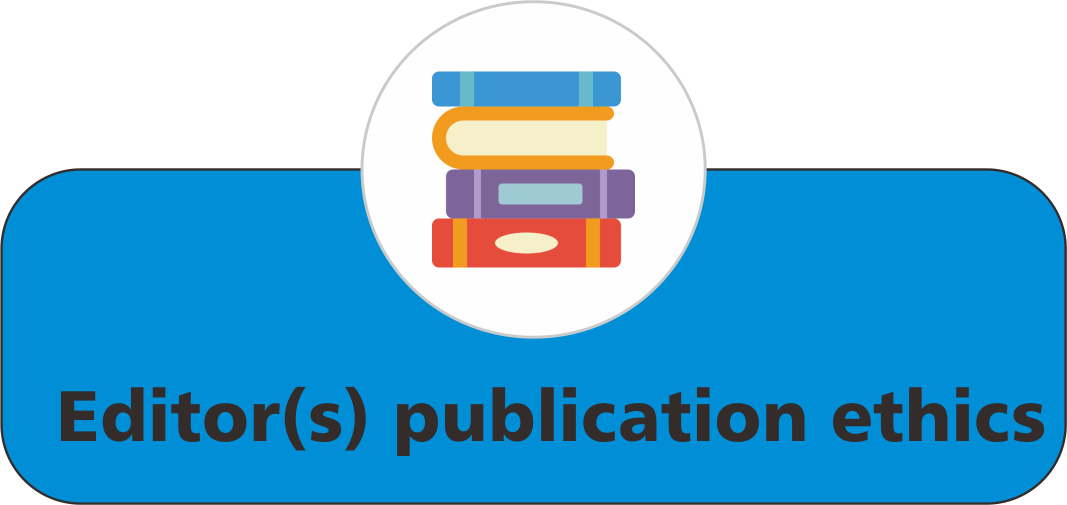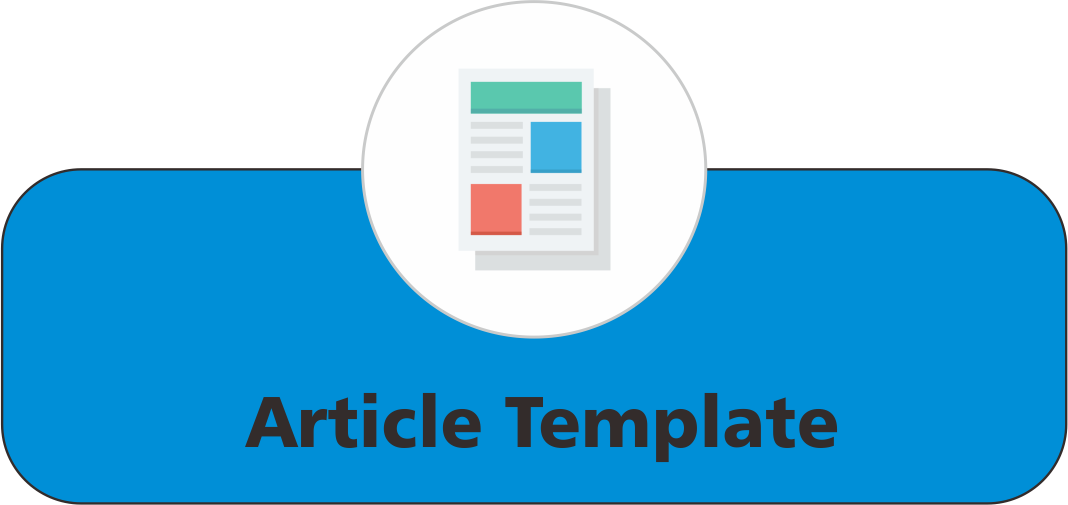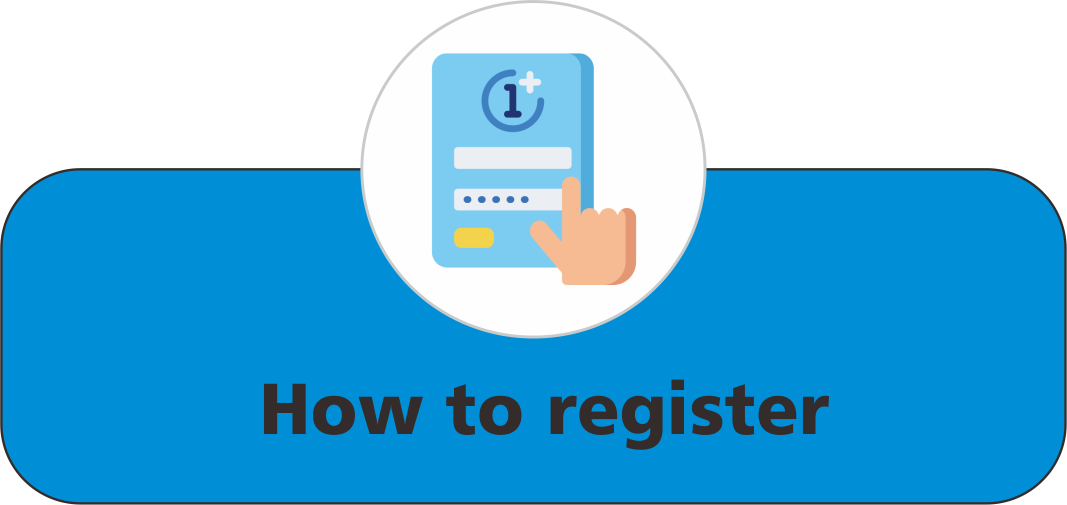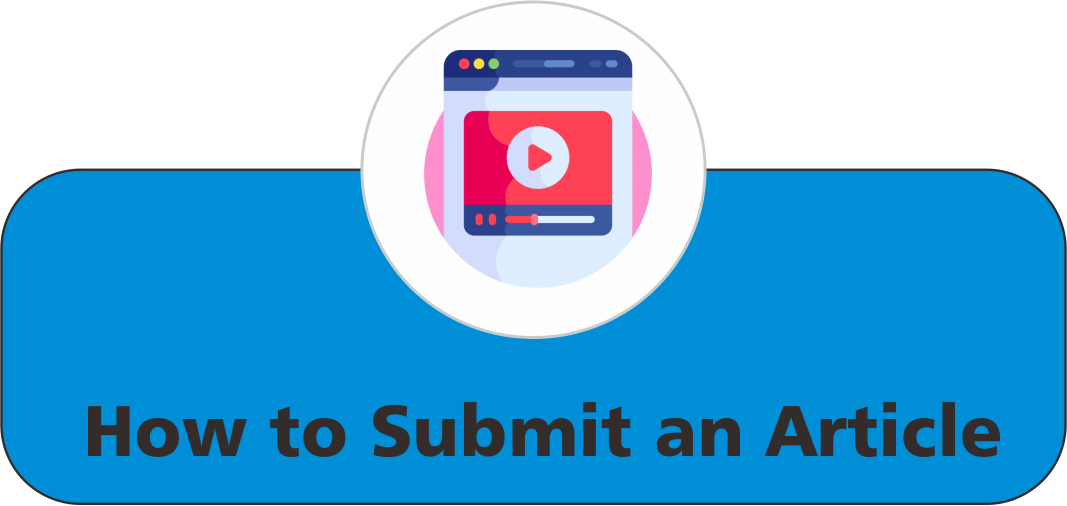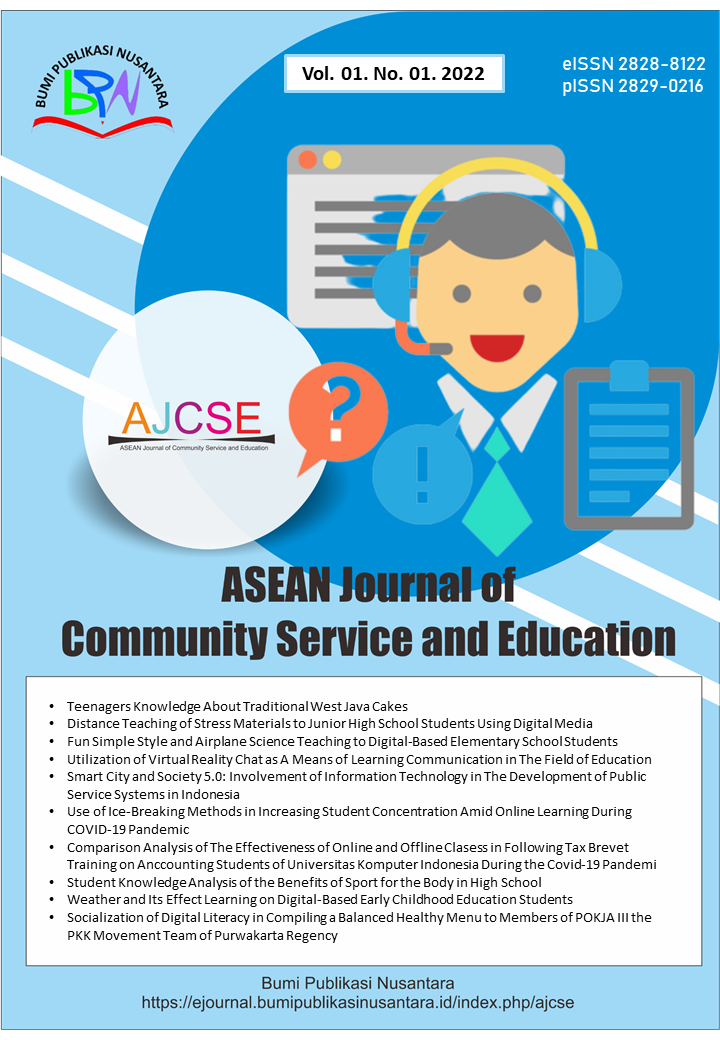Bibliometric analysis using VOSviewer with Publish or Perish of Identifying Local Legends through Project-Based Learning for Critical Thinking Skills in English
 ),
),
(1) Universitas Pendidikan Indonesia
 Corresponding Author
Corresponding Author
Abstract
Keywords
References
Blevins, B., Magill, K., and Salinas, C. (2020). Critical historical inquiry: The intersection of ideological clarity and pedagogical content knowledge. The Journal of Social Studies Research, 44(1), 35-50.
D’Olimpio, L. (2021). Critical perspectivism: Educating for a moral response to media. Journal of Moral Education, 50(1), 92-103.
Dewani, H. W. (2020). Development of media pop up card folklore to improve the critical reading skills of grade-iv students elementary school. International Journal of Innovative Science and Research Technology, 5(1), 901-907.
Du, Z., Jiang, F., and Liu, L. (2021). Profiling figure legends in scientific research articles: A corpus-driven approach. Journal of English for Academic Purposes, 54, 101054.
Faustino, S., Faria, I., and Marques, R. (2022). The myths and legends of king Satoshi and the knights of blockchain. Journal of Cultural Economy, 15(1), 67-80.
Ganassali, S., and Matysiewicz, J. (2021). Echoing the golden legends: Storytelling archetypes and their impact on brand perceived value. Journal of Marketing Management, 37(5-6), 437-463.
Gonzales, N. A. P. (2020). 21st century skills in higher education: Teaching and learning at Ifugao State University, Philippines. Asian Journal of Assessment in Teaching and Learning, 10(2), 72-81.
Hicks, D., Wouters, P., Waltman, L., de Rijcke, S., and Rafols, I. (2015). Bibliometrics: The Leiden Manifesto for research metrics. Nature, 520(7548), 429-431.
Hidayat, A. R. (2019). The analysis of higher order thinking skill implementation in English reading textbook for the fifth graders of Malaysian primary school. Journal of Research on Applied Linguistics Language and Language Teaching, 2(1), 1-7.
Hikmawati, H., Gunawan, G., Sahidu, H., and Kosim, K. (2021). Effect of local culture-based learning in science on critical thinking and student communication skills. Journal of Science and Science Education, 2(1), 8-16.
Holdsworth, S., and Sandri, O. (2021). Investigating undergraduate student learning experiences using the good practice learning and teaching for sustainability education (GPLTSE) framework. Journal of Cleaner Production, 311, 127532.
Ikromovna, T. M. (2022). Use of folktales in English lessons. Polish Science Journal, 6(51), 88-95.
Inphoo, P., and Nomnian, S. (2019). Dramatizing a Northeastern Thai Folklore to lessen high school students' communication anxiety. PASAA: Journal of Language Teaching and Learning in Thailand, 57, 33-66.
Kovalchuk, V., Prylepa, I., Marynchenko, I., Opanasenko, V., and Marynchenko, Y. (2022). Development of emotional intelligence of future teachers of professional training. International Journal of Early Childhood Special Education (INT-JECSE), 14(1): 39-51.
Kurniawati, N., Sugaryamah, D., and Hasanah, A. (2020). Proposing a model of critical literacy program for fostering Indonesian EFL students’ critical thinking skills. Journal of Education and Learning (EduLearn), 14(2), 234-247.
Lapuz, A. M., and Fulgencio, M. N. (2020). Improving the critical thinking skills of secondary school students using problem-based learning. International Journal of Academic Multidisciplinary Research, 4(1), 1, 1-7.
Lestariyana, R. P. D., and Widodo, H. P. (2018). Engaging young learners of English with digital stories: Learning to mean. Indonesian journal of applied linguistics, 8(2), 489-495.
Liu, S. (2019). Using Science Fiction Films to Advance Critical Literacies for EFL Students in China. International Journal of Education and Literacy Studies, 7(3), 1-9.
Masumzadeh, S., and Hajhosseini, M. (2019). Effectiveness of successful intelligence-based education on critical thinking disposition and academic engagement students. Journal of Education and Human Development, 8(1), 106-115.
Messina, C. M. (2019). Tracing fan uptakes: Tagging, language, and ideological practices in the legend of Korra fanfictions. The Journal of Writing Analytics, 3(1), 151-182.
Moneva, J. C., Miralles, R. G., and Rosell, J. Z. (2020). Problem solving attitude and critical thinking ability of students. International Journal of Research-GranthaalayaH, 8(1), 138-149.
Nguyen, T. S., and Nguyen, H. B. (2020). Unravelling Vietnamese students' critical thinking and its relationship with argumentative writing. Universal Journal of Educational Research, 8(11B), 5972-5985.
Nugraheni, L., Waluyo, H. J., and Wardani, N. E. (2022). The Influence of Wayang Beber (The Legend of Wasis Joyokusumo) as a character-based learning media on students' critical thinking ability. International Journal of Instruction, 15(3), 267-290.
Pasaribu, T. A., and Iswandari, Y. A. (2019). A reader response approach in collaborative reading projects to foster critical thinking skills. LLT Journal: A Journal on Language and Language Teaching, 22(2), 231-245.
Ravasi, D., Rindova, V., and Stigliani, I. (2019). The stuff of legend: History, memory, and the temporality of organizational identity construction. Academy of Management Journal, 62(5), 1523-1555.
Risdiyanti, I., and Prahmana, R. C. I. (2020). The learning trajectory of number pattern learning using" Barathayudha" War Stories and Uno Stacko. Journal on Mathematics Education, 11(1), 157-166.
Sinamo, F. L., Lubis, B. N. A., Barus, T. A. E., and Sembiring, S. J. (2021). The Revitalization of Batu Parsidangan Batak Toba Folklore into teaching materials in english subject for junior high school. Linguistic, English Education and Art (LEEA) Journal, 4(2), 233-239.
Suryani, A., Soedarso, S., Diani, K. T., and Rosmawati, R. (2020). English teaching in social and cultural contexts: Language teachers as cultural managers. LLT Journal: A Journal on Language and Language Teaching, 23(2), 273-292.
Sya, M. F., Anoegrajekti, N., Dewanti, R., and Isnawan, B. H. (2022). Exploring the educational value of Indo-Harry Potter to design foreign language learning methods and techniques. International Journal of Learning, Teaching and Educational Research, 21(10), 341-361.
Syarifah, E. F., and Emiliasari, R. N. (2019). Project-based learning to develop students'ability and creativity in writing narrative story. Indonesian EFL and Liguistics Journal, 5(1), 85-94.
Tang, J., and Sornyai, P. (2023). The cultural treasures of Baima Tibetan folk songs in Gansu Province, China, as a resource for literacy education in Chinese music History. International Journal of Education and Literacy Studies, 11(3), 234-243.
Wang, Y. (2020). “It broadens our horizon”: English learners learn through global literature and cultural discussion. Journal of Adolescent and Adult Literacy, 63(4), 391-400.
Yang, S. H., and Yeh, H. C. (2021). Enhancing EFL learners’ intracultural development as cultural communicators through YouTube video-making. Technology, Pedagogy and Education, 30(4), 557-572.
Yilmaz-Özcan, N., and Tabak, S. (2019). The Effect of argumentation-based social studies teaching on academic achievement, attitude and critical thinking tendencies of students. International Electronic Journal of Elementary Education, 12(2), 213-222.
Article Metrics
Abstract View : 800 times
: 800 times Download : 406 times
Download : 406 times
Refbacks
- There are currently no refbacks.
Copyright (c) 2024 Bumi Publikasi Nusantara

This work is licensed under a Creative Commons Attribution-ShareAlike 4.0 International License.

